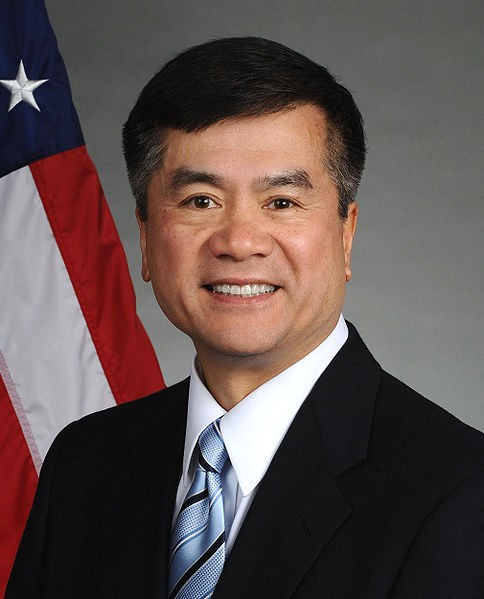
Summary: Addressing the fallacy that a rise in patent (monopoly) applications is indicative or success
SOFTWARE patents are the only mechanism that can prevent low-cost systems from gaining traction. China should reject patents for its own competitive reasons, but it is pressure to comply with some universal rules or suffer retaliation that has China ignore its own interests. It's not a problem just for China though.
Here in Europe we have many zealous patent lawyers who are looking for new ways to make a buck (or a euro). To them, patents are not something designed to encourage publication or innovation; to them, it's just business. The EPO is said to be
giving them more business, which means that the EPO is taxing products more and more, harming consumers and developers at the same time by adding a thicket of litigation and bureaucracy. To quote a new report from
Bloomberg:
Patent filings at the European Patent Office in 2010 increased 11 percent from the previous year, according to an EPO statement.
For shame. This may only indicate that the bar is being lowered or that patent taxation is increasing. This is not a measure of real innovation because, if anything, patents impede innovators.
This issue with
software patents in Europe is further explored by the FFII in light of
posts like this one about the newly-proposed hack that is lobbied for by foreign companies and monopolists. They want to be able to sue more companies more easily, or at least apply coercive force globally.
The EPO need not go down the same slide as the USPTO, which is already gaining great notoriety. The officials
try to spin the crisis as something which it is not by promising to "increase the quality of patents." It's an implicit admission that the patents are of "low" quality, whatever that may mean. We'll hopefully help show that the USPTO is broken in the next couple of posts.
⬆
